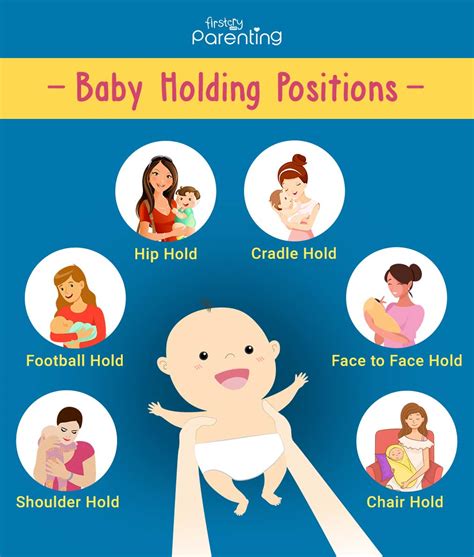Introduction:
The post-workout window is a crucial time for your body to recover and refuel. But when it comes to deciding whether or not to eat after a workout, the answer isn’t always straightforward. In this comprehensive guide, we’ll dive deep into the benefits and drawbacks of both options, empowering you to make the best nutritional choices for your fitness goals.

Eat vs. Fast: Pros and Cons
1. Eating After Workouts:
Pros:
* Muscle Growth: Consuming protein and carbohydrates within 30 minutes of exercise helps initiate muscle repair and growth.
* Glycogen Replenishment: Replenishing glycogen stores with carbohydrates is essential for energy recovery, especially for endurance athletes.
* Improved Recovery: Nutrients like protein and carbohydrates promote faster muscle recovery, reducing soreness and improving mobility.
Cons:
* Reduced Fat Burning: Eating immediately after a workout can slow down fat burning, as the body prioritizes digestion over fat oxidation.
* Weight Gain: If your post-workout meal is high in calories, it can contribute to weight gain if not balanced out with sufficient activity.
2. Fasting After Workouts:
Pros:
* Increased Fat Burning: Fasting after exercise can help maintain elevated fat-burning levels, promoting weight loss.
* Enhanced Growth Hormone Production: Fasting stimulates the release of growth hormone, which plays a crucial role in muscle recovery and repair.
* Improved Insulin Sensitivity: Prolonged fasting can enhance insulin sensitivity, helping to regulate blood sugar levels.
Cons:
* Reduced Muscle Recovery: Fasting for extended periods can delay muscle recovery and lead to soreness and fatigue.
* Energy Depletion: Fasting can deplete energy stores, making it difficult for subsequent workouts.
The Optimal Post-Workout Nutrition Strategy
The ideal post-workout nutrition strategy depends on several factors, including your fitness goals, workout intensity, and individual preferences. Here are a few recommendations:
- Moderate-Intensity Workouts: If your workout is moderate in intensity, consume a balanced meal within 30-60 minutes, focusing on carbohydrates for energy replenishment and protein for muscle recovery.
- High-Intensity Workouts: For intense workouts, aim to consume carbohydrates and protein within 15-30 minutes to optimize recovery.
- Endurance Exercise: Consuming carbohydrates during and after endurance exercise is crucial for maintaining energy levels and preventing muscle depletion.
- Intermittent Fasting: If you follow an intermittent fasting regimen, it’s acceptable to fast for several hours after a workout, but prioritize consuming a nutrient-rich meal when you break your fast.
Nutrient Recommendations
1. Carbohydrates:
* Aim for 0.5-1 gram of carbohydrates per kilogram of body weight within 30-60 minutes of exercise.
2. Protein:
* Consume 0.2-0.4 grams of protein per kilogram of body weight with your post-workout meal or snack.
3. Hydration:
* Replenish lost fluids by drinking 2-3 cups of water for every pound lost during exercise.
Popular Post-Workout Meal Options
Here are some nutrient-rich post-workout meal ideas:
- Protein Shake with Fruit: Blend a scoop of protein powder, a banana, and berries for a quick and convenient option.
- Oatmeal with Berries and Nuts: Combine oatmeal with berries, nuts, and a drizzle of honey for a balanced meal.
- Grilled Chicken Salad: Salad greens, grilled chicken, avocado, and a light dressing provide a protein- and nutrient-packed meal.
- Yogurt Parfait with Granola: Layer yogurt, granola, and berries in a glass for a refreshing recovery snack.
- Recovery Smoothie: Blend spinach, banana, protein powder, and almond milk for a post-workout boost.
FAQs
1. What is the best time to eat after a workout?
Within 30-60 minutes for most people, but it can vary depending on your workout intensity, goals, and individual preferences.
2. Can I gain weight by eating after a workout?
Yes, if your post-workout meal is high in calories and not balanced with sufficient activity.
3. Should I avoid carbs after a workout?
No, carbohydrates are essential for replenishing glycogen stores and providing energy for recovery.
4. What are some good sources of protein after a workout?
Lean meats, dairy products, eggs, beans, and protein powder.
5. Can I eat a high-fat meal after a workout?
It’s generally not recommended to consume high-fat meals immediately after a workout, as they can slow down digestion and recovery.
6. Should I take supplements after a workout?
Supplements like protein powder and creatine can enhance recovery and muscle growth, but they’re not necessary for everyone.
Conclusion
Deciding whether or not to eat after a workout is a personal choice that depends on your individual needs and goals. By understanding the pros and cons of each approach, you can make informed decisions that support your fitness journey. Remember, the key to post-workout nutrition is to strike a balance between promoting recovery and avoiding excessive weight gain.
















